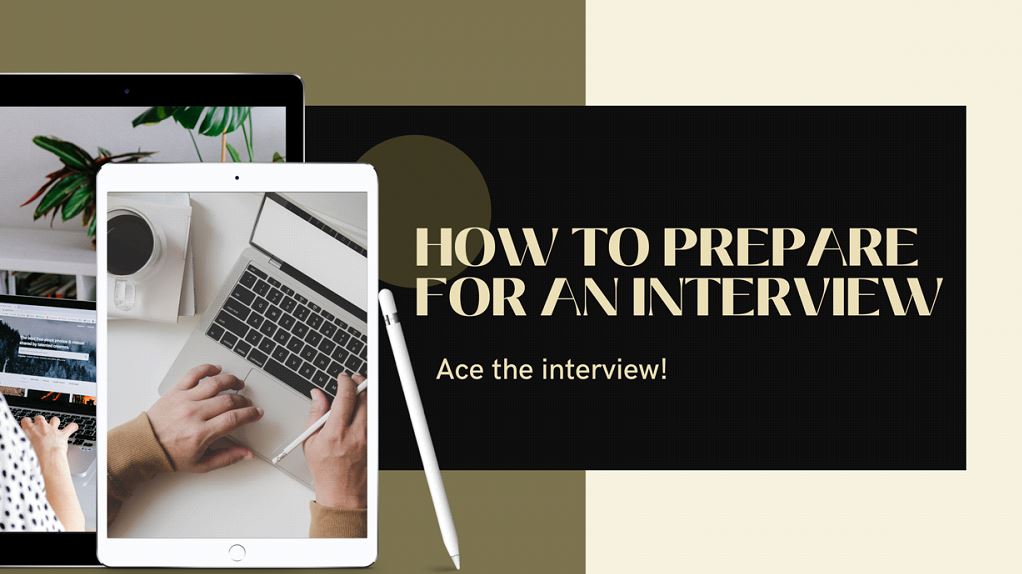
Types on Team Effectiveness
06 November, 2022
Patron Career Staffing firmly believes in adopting a tailored approach to meet temporary and permanent recruitment needs. We safeguard the interest of our clients by finding such workers who are knowledgeable and reliable.
About UsNeed help? Make a Call
32 Dundas Street East Unit A, L5A1W2

Job hunting can be both a dreadful and nerve-wracking experience for many. These tips will help you effectively prepare for an interview. Below is the comprehensive job interview guide which describes primal takeaways on the do’s and don’ts of a job interview to keep in mind for interviewers and the interviewees:
1. Do build a comfortable interview surrounding
The fact of the matter is that the job interview room is undoubtedly pressurizing on the job applicant. So helping a candidate feel at ease and relaxed is a footsore way to get the most out of the interview. A distraction-free environment surely accelerates the interview procedure.The main goal is to quiet the dragons of worry and fear of the candidates.
2. Do prepare
A brief introduction about yourself, your background, job designation, work profile, and your role in the company will help break the ice. Ask open-ended questions like- how, when, what, why. For instance, •What’s the most valuable lesson you’ve learned so far? •“Tell me about a time when you failed miserably?
3. Do sell the position and your company
Explain the job position. Talk about the culture and benefits of your company. For example:
4. Do compare candidates and follow-up
Interviewers should ask the same set of questions in the same order and the same way. Standardization of questionnaires can help keep your feedback just and on track. For follow-up, use widespread data (personal interview jottings & pre-employment testing results) to inform candidates about the latest date by which they’ll receive a response & about any further decisions and steps.
5. Don’t ask for personal details
Be aware of all legal employment guidelines that must be abided by time and again. Don’tdodge any red flag topics and inquiries such as those related to age, marital status, children/ pregnancy, citizenship, religion, disabilities, and sexual orientation, because improper interview etiquette can overshadow a good resume.
6. Don’t over talk
Shun the know-it-all attitude and don’t spend more time talking than listening. You are there to learn more about the candidate. Simply let the conversations and discussions pass along. Never cut off your fellow hiring managers and interviewers and give them plenty of time to speak and express their views.
7. Don’t overpromise
Try not to tarnish your company’s goodwill by making any faulty promises about salary expectations, job perks, welfare policies, growth prospects, and other job specifications as it could disrupt the reputation of your company. Always listen and stay focused on whether the demands and expectations of candidates align with your company’s goals.
With the right mind-set and a little bit of practice, surely you can crack your upcoming interview.
1. Do prepare
Preparation is the key on the ladder to success. Set your interview strategy, research your role, and include accomplishment stories.
2. Do your research thoroughly
Research the company, its employment history, tie-ups, competitors, websites, news headlines, products & services, and recent achievements. Visit their social media handles (Facebook, Twitter, Instagram); and other platforms such as LinkedIn can be used to check the background of the interview board of managers.
3. Do deliver a good first impression
Dress impeccably like a professional- with well-groomed hair and nails, a clean and ironed suit, properly fitted; no visible tattoos and body piercing. Lastly, review your resume and know its details so that you can confidently talk through your CV without raising a red flag.
4. Do sell your strength and expertise
Understand what you are good at so you can effectively sell yourself. Analyze your strengths, weaknesses, opportunities, and threats (SWOT).
Pro tip: always answer behavioral questions using the STAR method.
5. Do ask questions
You are interviewing the organization just as much as they are interviewing you. Asking questions depicts your interest in the role offered. Be interactive, ask at least 4-5 questions:
6. Do follow-up
If you are genuinely interested in this job, simply ask for it but don’t sound too desperate! Improve your chance of moving ahead by asking for further steps in the recruitment process. Follow up with a personalized thank-you email to express gratitude.
Common interview faux-pas to avoid:
1. Don’t badmouth previous employers
Even if you had an awful experience at the previous job, refrain from denigrating the company, co-workers, and bosses. Do not attack the good names and reputations of former employers. Instead, offer positive input because the hiring manager looks for candidates who are disturbance-handlers and adept at problem-solving.
2. Don’t falsify application material
Embellishing the truth would not do you any good in the long-run success of your career. Note that your interviewer may do a background check or connect with your previous employers and associates. So be genuine and answer truthfully.
3. Avoid negative non-verbal conduct
Non-verbal cues are 50% of the interview. Avoid negative non-verbal behaviour: lack of confidence, poor eye contact, slouching and fidgeting, squirming in the seat, crossed arms, frowning, lethargic, etc.
Failing an interview doesn’t mean you're doomed. Remember, there’s always light at the end of the tunnel. Keep working hard, make sure you take the above points seriously and just practice, practice and practice! We hope that our interview guide was helpful and instructive for interviewers and job applicants.
Good luck!
